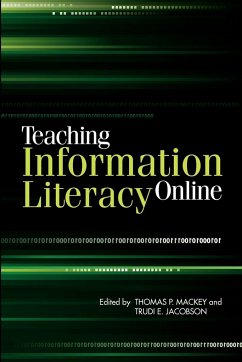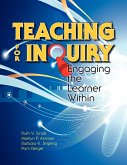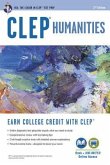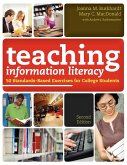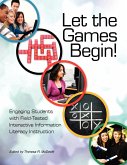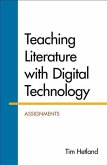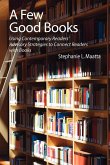As online learning becomes increasingly popular and widespread, librarians and faculty need new models for developing information literacy instruction in online environments. In this book, Thomas P. Mackey, Interim Dean at the Center for Distance Learning, SUNY Empire State College and Trudi E. Jacobson, Dudley Award Winner and Head User Education Librarian at SUNY Albany explore innovative faculty-librarian partnerships for teaching information literacy online. This edited volume includes a foreword by noted online learning scholar Terry Anderson, Professor & Canada Research Chair in Distance Education at Athabasca University. All of the contributions to this book are co-written by faculty-librarian teams, providing a global perspective from the UK's Open University and the University of Manchester, and from a number of U.S. institutions including the University of Central Florida, and Indiana State University. Each chapter fuses pedagogical, disciplinary, and technological issues and covers practical approaches to hybrid, blended, open, and fully online courses and programs. Several disciplines are represented at the undergraduate and graduate levels, including Business and Accounting, Computer and Library Science, History, English, Women's Studies, Education, and Social Work, as well as Curriculum Instruction and Media Studies. To help readers replicate the models in this book, each chapter includes an emphasis on program planning, best practices, potential challenges, and effective assessment strategies for improving student learning. Author teams describe technology innovations using reusable learning objects, Web 2.0 tools, learning management systems, open wiki environments, online portals, and the virtual world of Second Life.

